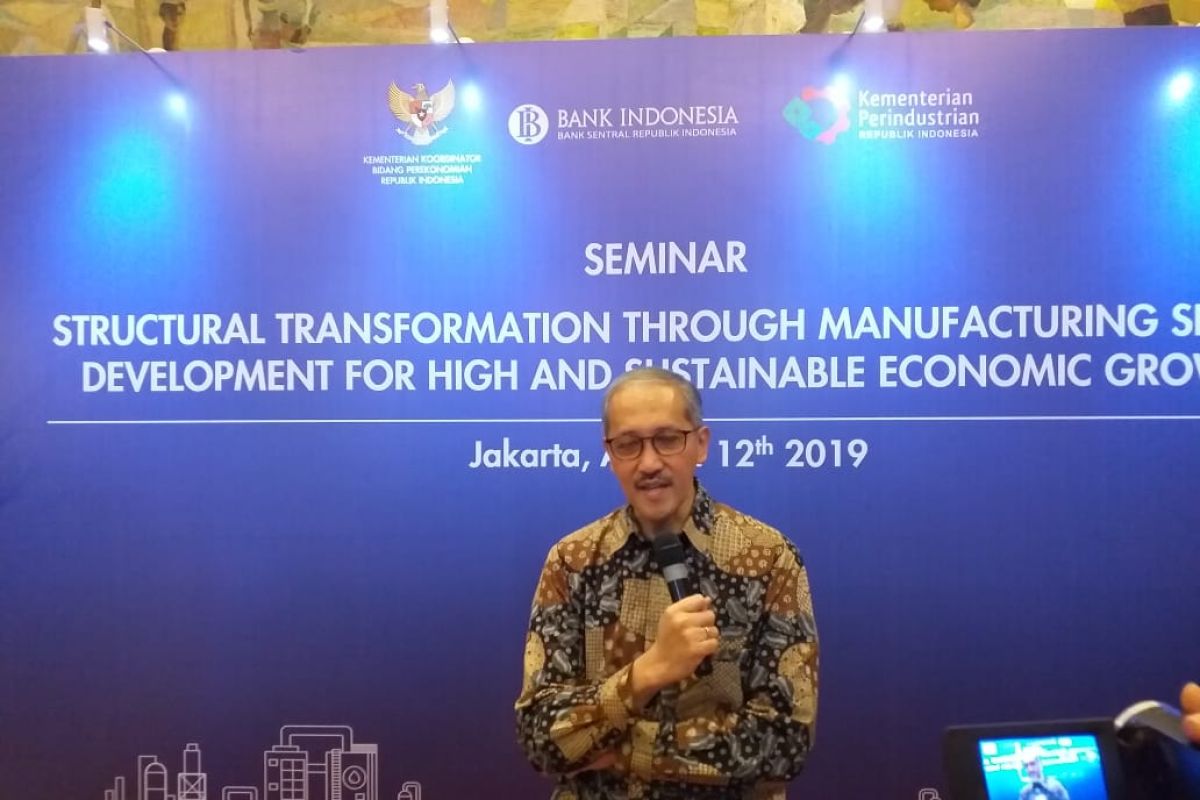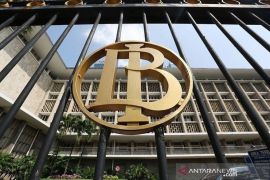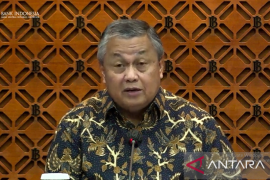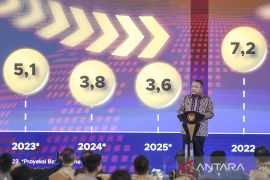"The devalued yuan will not affect foreign trade from Indonesia in the short term," BI Deputy Governor Dody Budi Waluyo noted on the sidelines of the discussion at Jakarta on Monday.
Export transaction in the short term is not closely related to the devaluation of yuan but instead to demand and quality, he remarked.
The Indonesian government is striving to enhance exports by expanding markets, including through endeavors to enhance bilateral trade.
The contraction in export performance during the second quarter of 2019 has slowed Indonesia's economic growth.
In the second quarter of 2019, export growth was recorded at minus 1.81 percent (yoy), whereas exports in the second quarter of 2018 continued to grow at 7.65 percent (yoy).
Speaking in connection with the impact of the weakening yuan, which has the potential to increase risk in the financial market and erode the rupiah exchange rate, Waluyo noted that the BI will continue to ensure the rupiah remains in line with its fundamentals in the market.
BI will continue to intervene in the spot market and foreign exchange futures.
"We will also maintain liquidity at an adequate level and ensure the market mechanism works," Waluyo remarked.
Waluyo believes that the Chinese currency will not continue to weaken.
Related news: All countries experience a slowdown in exports: trade minister
This is since the weakening of the yuan, which is getting deeper, will have a negative impact on the country's domestic demand.
"Countries also need to provide support for domestic demand. The risk of a currency war is not large, especially amid the global demand that is currently weakening," Waluyo remarked.
The Central Bank of China, People's Bank of China (PBoC), had earlier dismissed allegations of devaluation of the yuan, claiming that the volatility of the yuan exchange rate was a market reaction to the planned increase in import tariffs echoed by the United States (US).
Beijing's comments respond to allegations of currency manipulation delivered by US President Donald Trump after the Chinese currency moved at 6.9 to seven yuan per US dollar in the past week.
China is one of Indonesia's biggest trading partners. However, Indonesia's trade has always been in deficit due to the rush of imported consumer goods from China.
According to the Central Statistics Agency, Indonesia had experienced a trade deficit against China of up to US$8.48 billion during the January-May 2019 period, increasing from the deficit of $8.11 billion during the January-May 2018 period. Related news: Jokowi signs Government Regulation on National Export Financing
Related news: June's surplus improves trade balance deficit: minister
EDITED BY INE
Translator: indra Arief / Azis Kurmala
Editor: Fardah Assegaf
Copyright © ANTARA 2019












